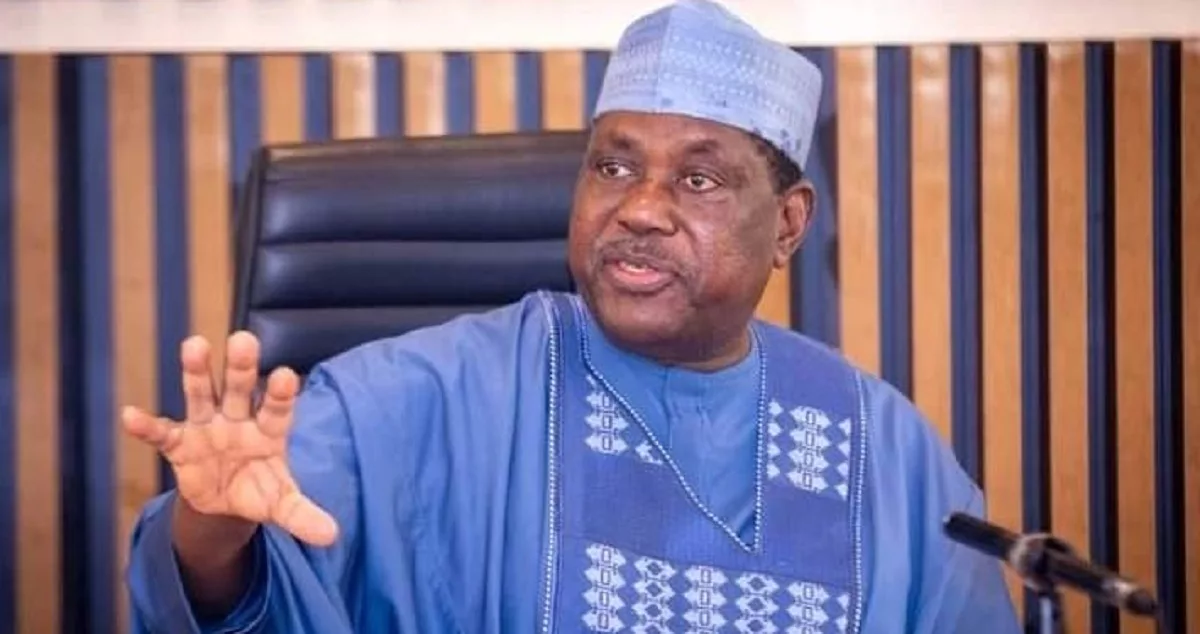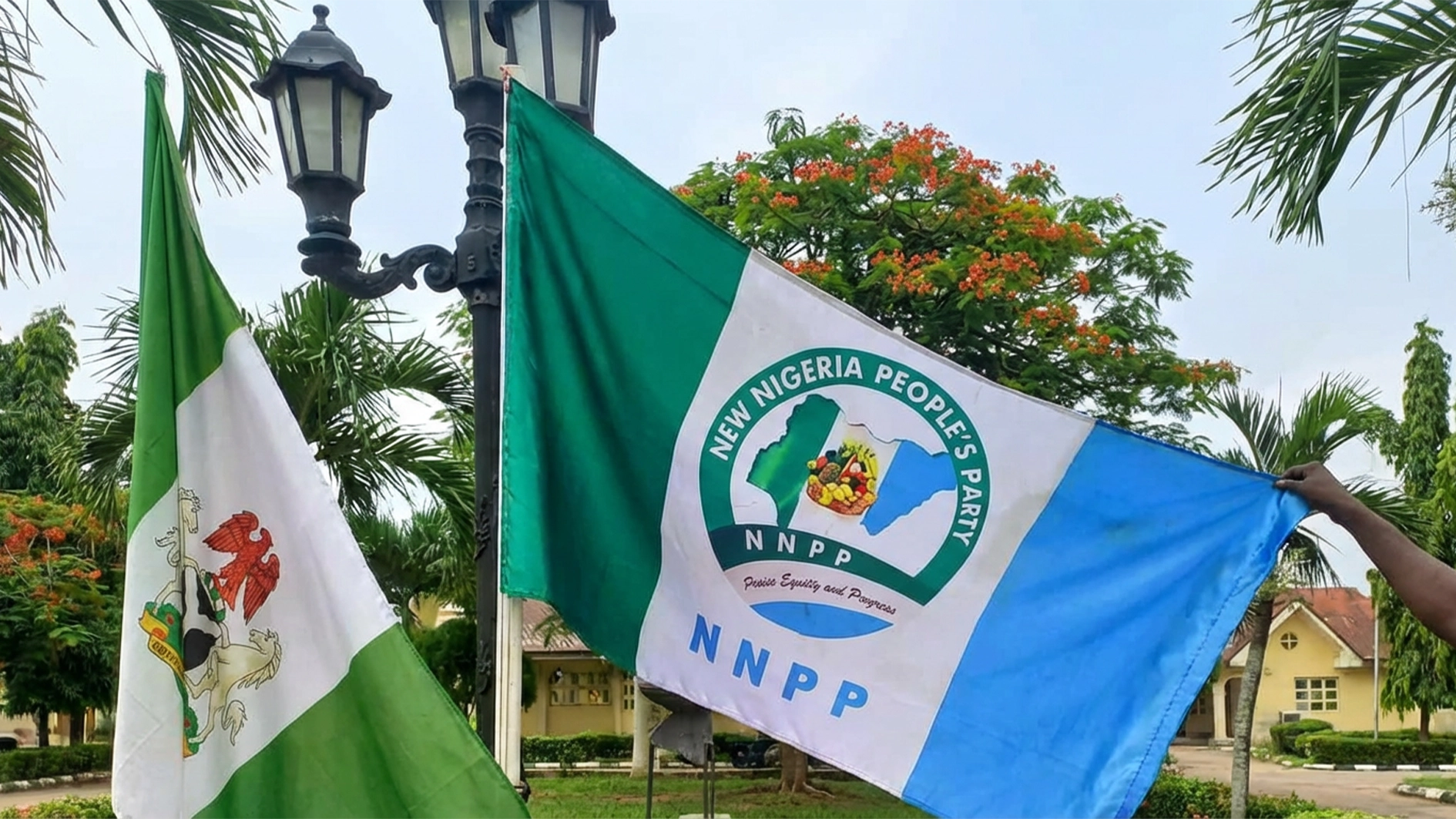The Resource Centre for Human Rights & Civic Education (CHRICED) has disclosed ongoing plans to establish the Abuja Native Heritage Centre, a landmark project designed to preserve Nigeria’s indigenous heritage while addressing historical injustices.
Modelled after global institutions such as the National Memorial for Peace and Justice in Montgomery, Alabama, the proposed centre will serve as a space for truth-telling, healing, and civic awakening.
Executive Director, CHRICED, Ibrahim Zikirullahi, in a statement on Sunday, titled “A Journey Through Memory and Moral Reckoning,” said the project, supported by the John D. and Catherine T. MacArthur Foundation, would not only showcase Nigeria’s cultural wealth but also confront uncomfortable truths about internal complicity in the slave trade and subsequent oppression under post-colonial regimes.
Drawing from his recent visit to Montgomery, where he explored the National Memorial for Peace and Justice, the Freedom Monument Sculpture Park, and The Legacy Museum, Zikirullahi said he was reminded of the power of memory as a form of resistance.
He stressed the importance of confronting both external oppression and internal betrayal.
“The Abuja Native Heritage Centre must be a space where memory is honoured, truth is spoken, and accountability is demanded. It must confront the uncomfortable, challenge the powerful, and inspire the oppressed,” he stated.
The Centre will engage directly with painful questions, including the role of African traditional rulers in enabling the Trans-Atlantic Slave Trade and their alignment with oppressive post-colonial regimes.
“Could such a vast and brutal system have thrived without internal betrayal? History points to the complicity of African traditional rulers, many of whom were not victims but architects of the slave trade,” Zikirullahi declared.
Beyond slavery, the Centre will also draw parallels between America’s history of racial injustice, from slavery to mass incarceration, and Nigeria’s own experiences under military dictatorships and civilian autocracies.
According to the CHRICED boss, by bridging these histories, the Centre would foster dialogue across continents and strengthen narratives of resistance and resilience.
“Montgomery taught me that history is not behind us; it is within us. If we are to build a future rooted in dignity, we must first face the past with courage,” Zikirullahi reflected.
Planned as an interdisciplinary hub, the Abuja Native Heritage Centre will combine historical documentation, art, and public dialogue.
It will also serve as a platform for global solidarity, connecting African and African American communities in their shared struggles for justice, memory, and cultural preservation.
“This journey was not an end, it was a beginning. A call to memory, to truth, and to transformation,” Zikirullahi added.






